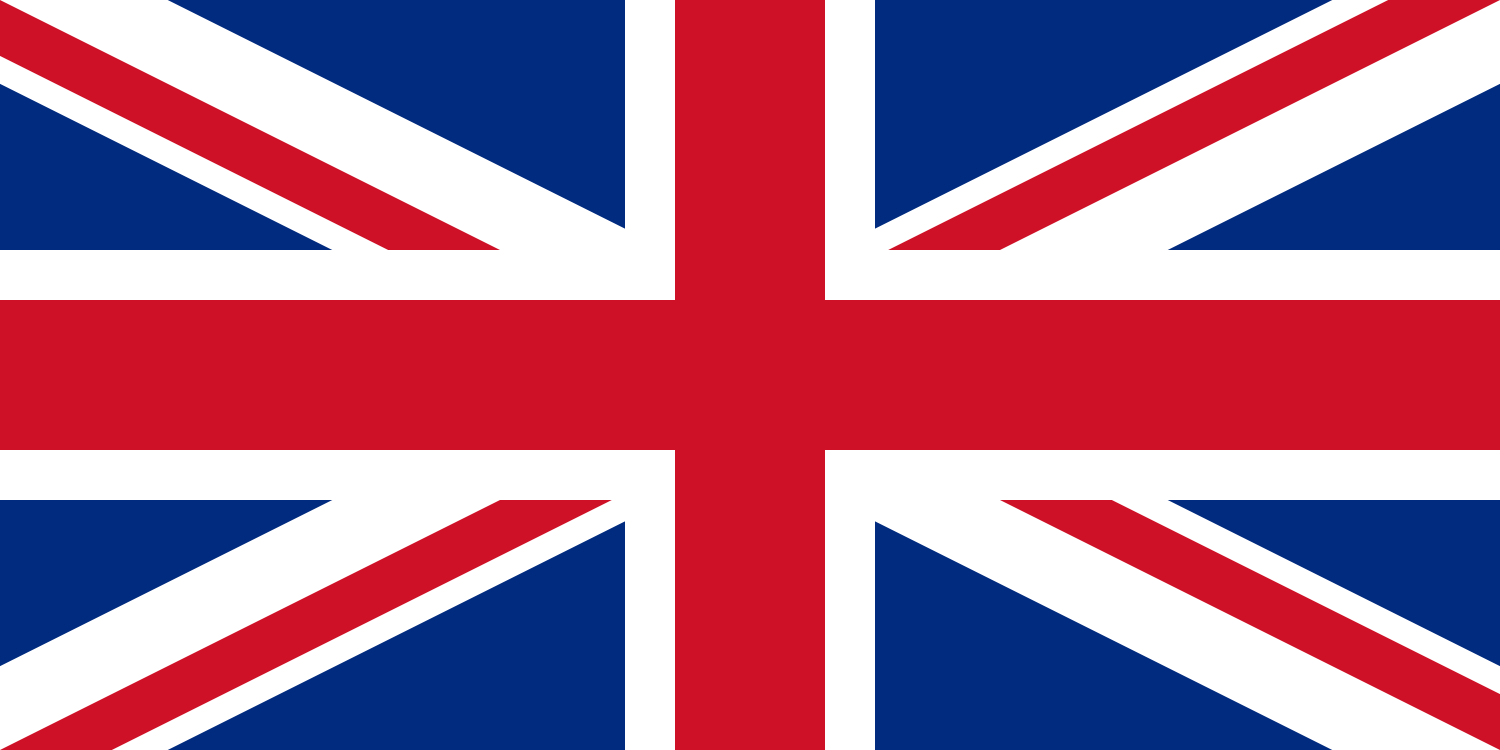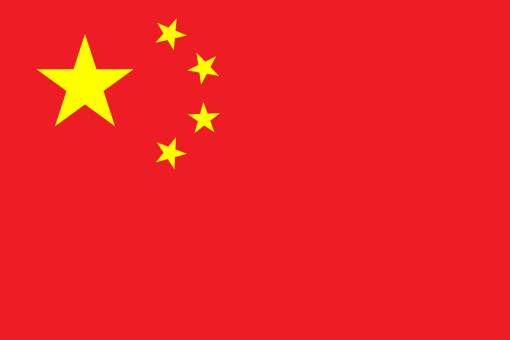The application of blockchain technology to the arena of finance is well known and understood. From decentralised finance (DeFi) establishing the infrastructure by which people can transfer value to each other in a permissionless and frictionless manner to privacy coins obscuring transactions and maintaining the anonymity of parties, there is indeed a widespread use of the technology.
Despite this, blockchain has other “unorthodox” applications that have yet to be discovered and less understood.
Alternative Dispute Resolution (‘ADR’)
ADR is a method by which an independent third party mediates or arbitrates a dispute between two parties to keep the matter out of the courts. Blockchain is being used as an alternative, quick, cost-effective, and efficient method of resolving disputes. An example includes the ‘kleros’ project, a service that allows individuals to integrate arbitration protocols into smart contracts. The project aims to resolve disputes in the e-commerce space by introducing the ‘world’s first decentralised court’, automatically creating a panel of jurors on its platform who can rule on a dispute. An example could be whether or not a refund should be granted to a customer on an e-commerce platform. The entire process is secured, transparent and has the aim of democratising access to justice in the digital world.
Personal Identity and Security
Everyday, millions of people have their identity stolen and are victims of fraud. By incorporating information such as passports, birth certificates, drivers’ licences and other sensitive information onto a blockchain, there could be a decrease in fraudulent transactions. An example of this application includes the Illinois Blockchain Initiative, a government backed organisation that is currently working to create a ledger of birth certificates on a blockchain that could see the end of paper certificates in Illinois.
Voting and Elections
Finally, blockchain can be used to improve the transparency and efficiency of voting processes. Mobile phone-based voting platforms such as Voatz are integrating blockchain. This platform utilises a biometric security system to verify the Identity of the individual attempting to vote and allows them to vote on their phone from anywhere in the world without fear of being hacked or their data corrupted. West Virginia used the Voatz platform for its 2018 midterm election, however security concerns caused it to be disabled moving forward. The application of blockchain to issues as important as democratic representation is evolving and it is still early days.




